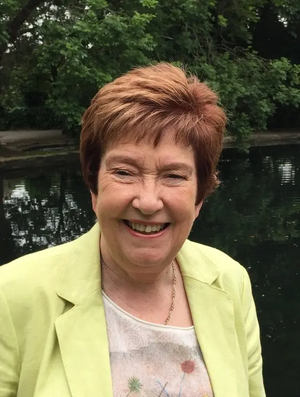Getting people off drugs matters, not putting them in prison

Britain is stuck in the dark ages on drugs policy, while other countries are taking a more enlightened approach. In Portugal, after resistance to decriminalisation, it's agreed across the political spectrum. In the United States, more states are moving towards regulating cannabis. The Liberal Government in Canada is legislating for a regulated market.
The death rate from drugs in the UK is 10 times that of Portugal. There decriminalisation resulted in a dramatic reduction in the number of deaths from drug use as well as improved health outcomes.
Meanwhile, Britain's drug policies have enriched organised crime to the tune of billions of pounds a year, and criminalised young people.
Where countries successfully cut drug abuse, the focus is on rehabilitation. Drugs rehabilitation involves carefully monitored and supervised medical facilities where those who are fighting addiction can access the full range of support.
Centres have been piloted in cities including Durham and Glasgow, where users of hard drugs can make sure they are taking uncontaminated alternatives, while being weaned off their illegal supplies.
This helps keep them away from crack houses and dodgy dealers. Clean needle supplies help prevent the wider spread of HIV and Hepatitis C.
In these centres full social support can be offered, as well as physical and mental health advice. They lead addicts back to voluntary and paid work.
As Lib Dem MP Norman Lamb has said, so much better than a precarious and vulnerable life on the streets or return to crime and ultimately a long prison sentence in some cases.
The Royal Society for Public Health says "fundamental reorientation of policy towards public health and away from criminal justice is needed to tackle rising drug harm"
Rehabilitation may cost money, but less than NHS treatment or incarceration. And it saves lives.